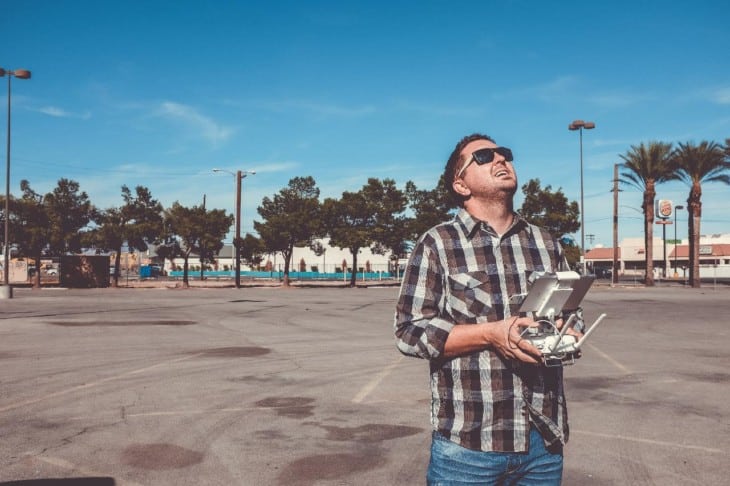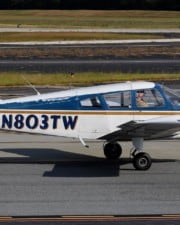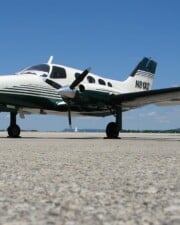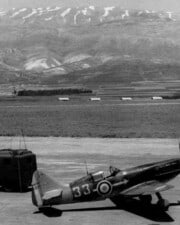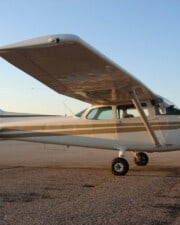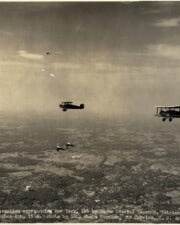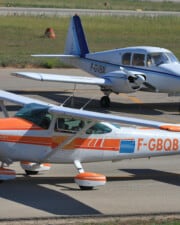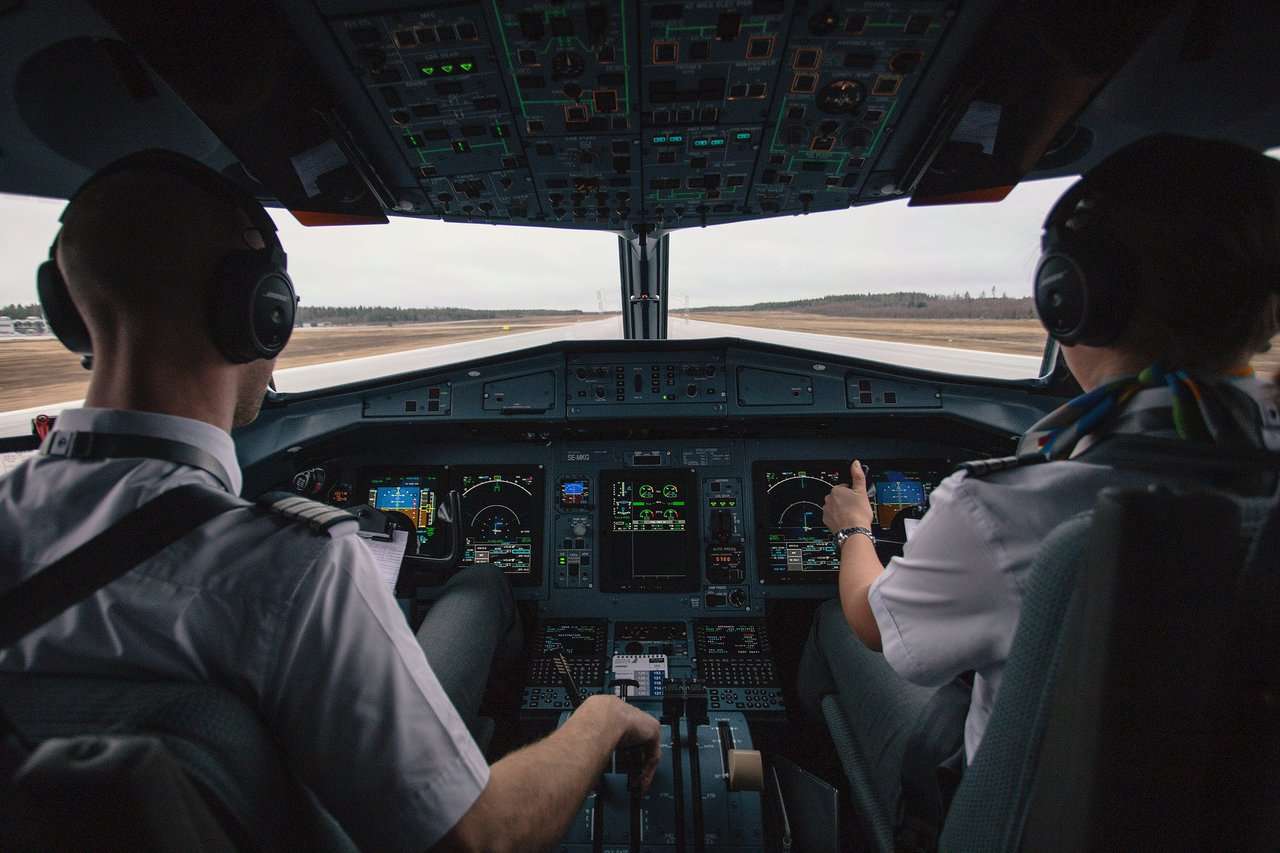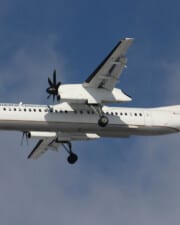Drones are cool gadgets, but what can you do with them? If you grow tired of flying your drone above your property, try exploring other fun, legal things that you can do with it. Getting an aerial view of your house is just one of many cool things to do with drones.
Table of Contents
- 1. Join a Flying Club in Your Local Area
- 2. Join a Drone Racing League
- 3. Create a DIY Obstacle Course
- 4. Take Aerial Photos and Videos of Your Hikes
- 5. Create a 3D Map of Your Property
- 6. Help Locate Lost Pets in Your Neighborhood
- 7. Capture Footage During Special Events
- 8. Start a Freelance Aerial Photography Business
- 9. Take Unique Holiday Photos or Travel Photos
- 10. Volunteer for Scientific Data Collection and Surveying
- 11. Check Your Roof and Gutters for Damage or Debris
Private drones have become incredibly popular in recent years due to their ease of use. Unlike radio-controlled (RC) helicopters and planes, drones typically come equipped with video cameras. They also often have four propellers, making it easier for a novice to fly.
Anyone can buy a drone and start taking photos and videos from the sky. However, there are many different types of drones, and so there are many applications for drones. Unfortunately, most people are only aware of the professional uses for drones, such as:
- Security
- Search and rescue
- Surveying
- Inspections
- Military
The recreational use of drones receives less attention compared to professional applications. People tend to assume that private drones are only useful for getting aerial perspectives of their homes or require a special license. The truth is that you do not need a permit or license for most drone activities.
If you want to get more use out of your drone, here are 11 cool, safe things that you can do:
1. Join a Flying Club in Your Local Area
You are unlikely to be the only person with a drone in your area. Joining a flying club is a great way to meet other drone pilots. Flying clubs often meet to fly drones and RC model aircraft.
A flying club is also useful for those who enjoy modifying or building their own aircraft. Other members of the club may offer advice for DIY projects or even swap parts. Novice pilots may also benefit from a local flying club. You can get flying tips and techniques from experienced pilots. You may even receive help with repairs the next time that you crash your drone.
2. Join a Drone Racing League
Along with recreational clubs, there are flying clubs dedicated to racing. You can join a drone racing league and compete against others on specially designed courses.
Many drone races are held indoors and feature a variety of obstacles. You may fly through tunnels or under barriers as you race to the finish line against other drone pilots. Some racing leagues are intended for experienced pilots and require modified drones. However, you may also find amateur racing leagues that accept all types of drones. Leagues are often found through universities or local flying clubs.
3. Create a DIY Obstacle Course
If you do not want to compete against others or want to practice for a drone race, consider building an obstacle course in your backyard. Keep in mind that you will likely need a wide-open space for this project.
Set up a course with various obstacles, such as garbage cans or hula hoops hung from trees. After setting up the course, time yourself and try to beat your own record on subsequent flights. For those with extra money, you can buy drone obstacle course kits. They include various hoops with stands that you can easily set up on the ground. Some even glow in the dark or include LED lights for racing at night.
4. Take Aerial Photos and Videos of Your Hikes
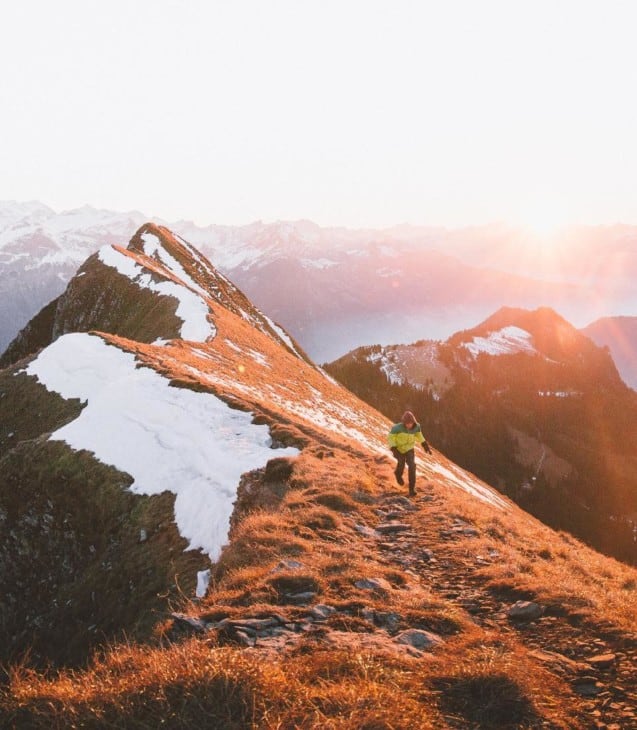
Drone pilots often take their drones to hiking trails and large open parks to perform test flights in open areas. However, a hiking trail is also a great place to take aerial photos and videos. Some drones are equipped with a “follow me” feature, allowing it to track your GPS coordinates from a transmitter or phone. As you walk your favorite trails, set your drone to follow your GPS position, recording or photographing your hike.
If your drone lacks a “follow me” feature, you can simply take short breaks during your hike to snap a few photos or record footage. Before releasing your drone into the sky, check the laws for your local hiking trails. Some trails may prohibit drones.
5. Create a 3D Map of Your Property
Using a 3D modeling program, you can compile images taken from your drone to create a 3D model of your property. The software typically requires a large variety of photos taken from many angles around your home.
After installing the software, start snapping photos as you fly your drone all around the perimeter of your property. Some programs may require you to keep the drone a specific distance from objects that you want to model. When you are finished taking photos, the software handles the rest. It begins by building a 3D model and then highlights areas that may require additional photos.
6. Help Locate Lost Pets in Your Neighborhood
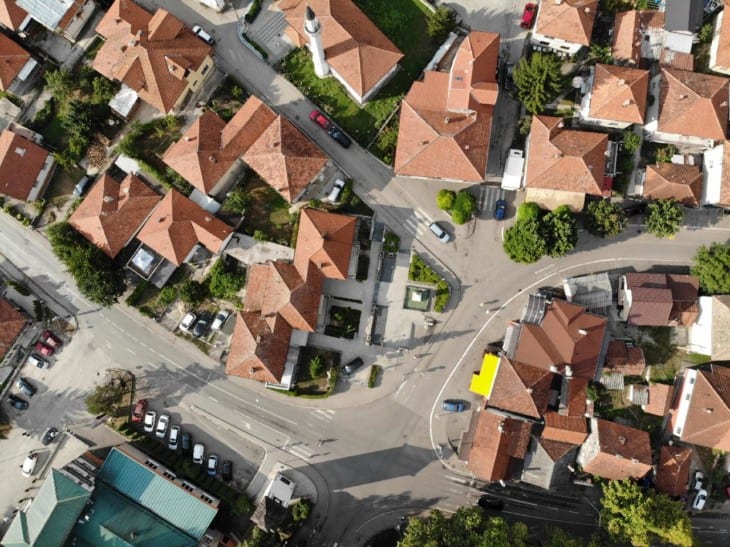
Consider using your drone to locate lost pets, depending on local laws. The FAA requires private drone pilots to keep the drones below 400 feet in most areas. You also need to maintain a visual line of sight and avoid flying over people.
You should also check community guidelines or restrictions. Some neighborhood associations have prohibited drones flying over private property in their communities. If you are legally allowed to fly your drone in your neighborhood, stick to the residential streets and public fields to help find missing cats or dogs.
Some cats and dogs are easily spooked by strangers. By flying your drone overhead, you can help locate the missing animal without scaring them off, allowing the owner to retrieve their pet.
7. Capture Footage During Special Events
A drone allows you to capture special events from a different perspective compared to photographers or videographers on the ground. You can shoot aerial footage as a bride walks down the runway or take photos of attendees at an anniversary party or award ceremony.
Weddings, anniversary parties, and award ceremonies are just a few of the types of events that people like to capture on video. You can also use your drone to record footage of family reunions, surprise birthdays, and any other event that people want to remember.
After you gain experience flying your drone, you may consider offering your services to local photography or videography companies to make some extra money. You could also go into business for yourself.
8. Start a Freelance Aerial Photography Business
Use your drone to launch a side business. Start offering your services as a freelance aerial photographer. Along with special events, aerial photography is used to film places. Real estate agents, location scouts, and local governments frequently hire aerial photography businesses.
A real estate company may use aerial shots to enhance their listings. Location scouts may use aerial photography to gain a better perspective of a potential location for a movie or TV show. Local governments use aerial photography for surveying and tourism.
If you plan on starting an aerial photography business, ensure that your drone is equipped with a high-resolution camera. You will need to take high-quality photos and videos to make money. You will also need a permit for commercial drone use from the FAA.
9. Take Unique Holiday Photos or Travel Photos
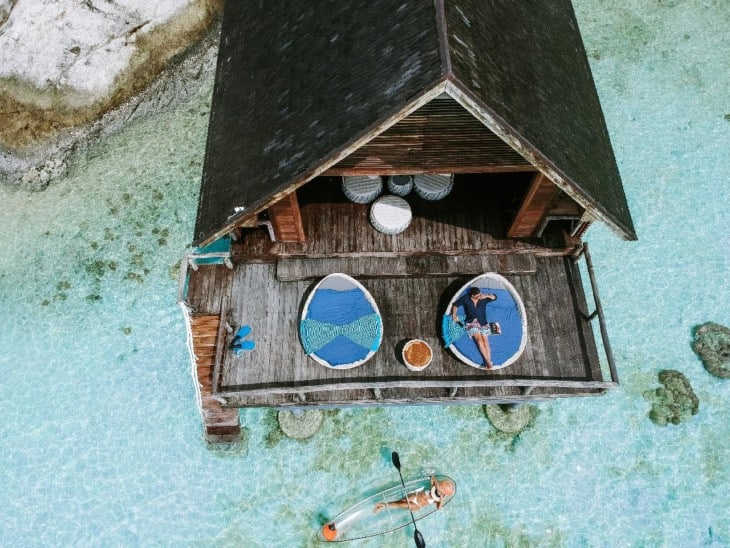
Instead of constantly sharing standard selfies with family and friends, use a drone to take photos from up above. Aerial photos allow you to put a new twist on boring holiday photos and travel photos. Use a drone to take a photo of your holiday light display with the family standing below waving up to the camera.
You could also take aerial selfies during your next trip to the beach or campground. You may even use your drone to create a new profile pic for your social media accounts. Take a photo of yourself lounging by the pool or standing in the driveway.
10. Volunteer for Scientific Data Collection and Surveying
Various institutes and universities require help collecting scientific data, which they get from volunteer drone pilots. Volunteering for scientific studies may require you to modify your drone or equip it with specific equipment, such as thermal imaging cameras.
The data collection requirements vary depending on the project. However, volunteers typically receive specific coordinates or flight paths to follow. You then fly the predetermined route while the drone automatically collects data. After landing the drone, you upload and submit the data to the scientists. You get to help with scientific studies without having a background in science, which is an interesting way to use a drone.
11. Check Your Roof and Gutters for Damage or Debris
While this may not be some people’s idea of fun, drones provide a useful way to check your roof and gutters. Detecting roof damage or gutter blockage early may limit the severity of the problem.
You can use your drone to avoid getting up on a ladder to see if your roof has suffered any damage after a severe storm. You may also fly the drone above the gutters to check for a blockage due to leaves and debris. Along with checking the roof and gutters, you can use your drone to inspect other areas of your property. You may even keep aerial photos and videos of your property for insurance purposes.
Related Posts
